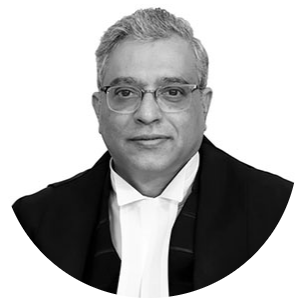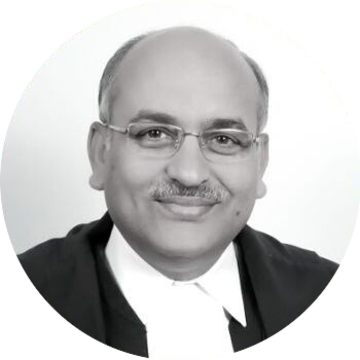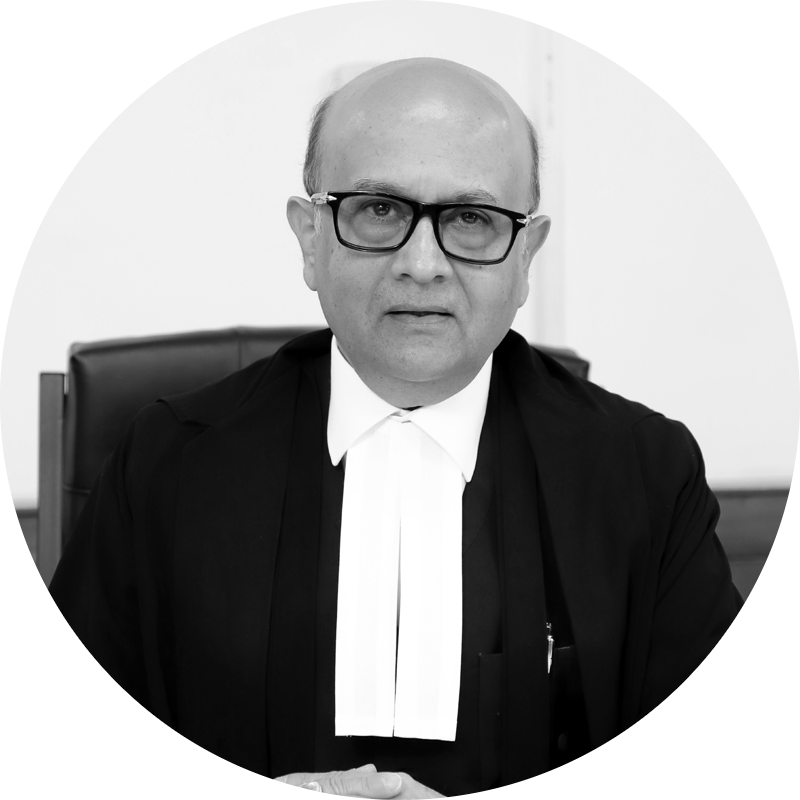Altering Rules on Appointment to Public Posts
Tej Prakash Pathak v Rajasthan High Court
Citation: 2024 INSC 847
The Supreme Court held that the ‘rules of the game’ in a selection process for a public post cannot be changed after the selection process has been initiated.
Decided
Parties
Petitioners: Tej Prakash Pathak; Manoj Rai; Mahipal Singh Aashiya
Lawyers: Karan Singh Bhati; Devendra Singh; Vivek Narayan Sharma
Respondent : Rajasthan High Court
Lawyers: Sunil Kumar Jain
Case Details
Case Number: C.A. 2634/2013
Next Hearing:
Last Updated: July 8, 2025
Key Issues
What are the ‘rules of the game’ in a selection process for a public post that cannot be changed?
Does changing the criteria for appointments to public posts violate the right to equality and the right against discrimination?
Case Description
On September 17th, 2009, the Rajasthan High Court issued a notification under the Rajasthan High Court Staff Service Rules, 2002 (the Rules) to begin the recruitment process to fill 13 vacant posts for translators. The Rules required candidates to appear for a written examination followed by a personal interview. However, after these two steps were completed, the erstwhile Chief Justice of the Rajasthan High Court, Jagadish Bhalla, decided that candidates must receive 75% or above in their examination to be selected for the post. As a result, only 3 of the 21 candidates were selected.
Three unsuccessful candidates challenged the Chief Justice’s decision at the Rajasthan HC. However, the Rajasthan HC dismissed the case on March 11th, 2010. The unsuccessful candidates filed a petition at the SC appealing the Rajasthan HC’s decision on April 21st, 2011. A 3-Judge Bench comprising Justices R.M. Lodha, J. Chelameshwar, and M.B. Lokur heard the case.
The candidates argued that introducing a 75% cutoff after the recruitment process was initiated amounted to ‘changing the rules of the game after the game is played’. This was held to be ‘clearly impermissible’ by a 3-Judge Bench of the Supreme Court in K. Manjusree v State of Andhra Pradesh (2008). Further, they argue that the Chief Justice’s retrospective decision was not authorised by a valid statute and violated the Right to Equality and the Right against Discrimination.
The Rajasthan HC argued that strictly applying the decision from Manjusree would force them to hire the 13 candidates who scored relatively better than the others but had low scores overall. They referred to the SC’s Judgment in State of Haryana v Subhash Chander Marwaha (1973) which held that State governments can impose higher cutoff marks in order to maintain a high standard for selecting candidates. Further, they argued that the Court’s Judgment in Manjusree did not consider the decision from Subhash Chander Marwaha.
The Bench referred the matter to a 5-Judge Constitution Bench on March 20th, 2013. The Order referring the matter stated that the specific ‘rules of the game’ which cannot be changed required an authoritative pronouncement from a larger Bench of the SC. However, a Bench for the case was only constituted on August 29th, 2022.
A 5-Judge Constitution Bench led by Justice Indira Banerjee and comprising Justices H. Gupta, S. Kant, M.M. Sundresh, and S. Dhulia heard the case on August 30th, 2022. They listed the matter for final arguments starting from September 6th, 2022. On September 13th, the Bench decided to hear the case after the Dussehra vacation, citing the impending retirement of Justices Banerjee and Gupta.
On June 26th 2023, a new 5-Judge Constitution Bench took up the case, owing to the retirement of Justices Banerjee and Gupta. The new Bench consists of Chief Justice D.Y. Chandrachud, and Justices Hrishikesh Roy, P.S. Narasimha, Pankaj Mithal and Manoj Misra.





